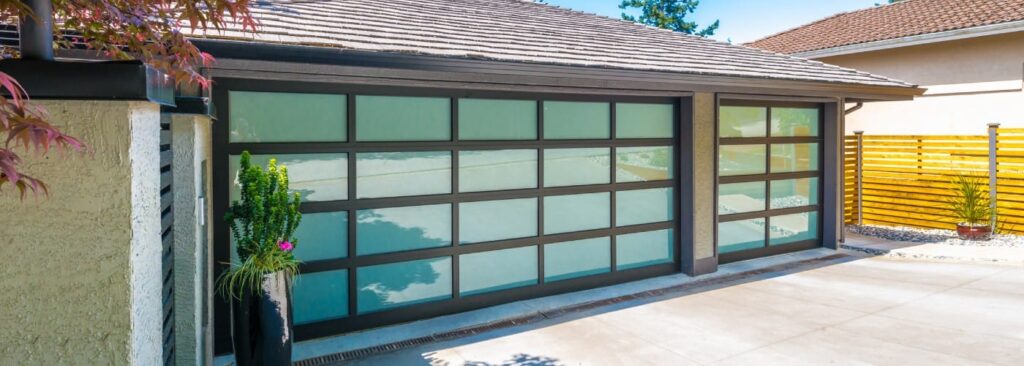When to Replace Your Garage Door
A garage door is an essential component of a home that protects vehicles, tools, and other valuable items from theft, weather, and other external elements. However, like any other mechanical device, garage doors have a limited lifespan and may require replacement after a certain period. In this article, we will discuss the factors that determine when you should replace your garage door.
When to consider replacing your garage door
1. Age of the Garage Door
The age of your garage door is a crucial factor in determining whether you should replace it. Most garage doors have a lifespan of 10 to 15 years, depending on the quality of the material used and the frequency of maintenance. If your garage door is older than 15 years, it is probably time to replace it, even if it still functions properly.
Older garage doors tend to develop several problems over time, such as warping, cracking, and rusting. Additionally, older garage doors may not be able to withstand extreme weather conditions, which can lead to damage to your property. Replacing your old garage door with a new one can ensure that your property remains safe and secure.
2. Visible Damage
Another factor that may indicate the need for a garage door replacement is visible damage. If you notice that your garage door is cracked, warped, or dented, it may be time to replace it. Visible damage to your garage door can compromise its structural integrity, making it less secure and more susceptible to weather damage.
It is also important to inspect your garage door regularly for signs of wear and tear, such as rusting or peeling paint. These issues can be indicative of underlying problems, such as moisture damage or corrosion, which can lead to more significant issues down the line.
3. Noisy Operation
If your garage door is making loud, creaking noises when it opens or closes, it may be time to replace it. Noisy operation can indicate that your garage door’s components are worn out and may fail soon. Additionally, loud noises can be a nuisance to your neighbors, and they may even violate noise ordinances in your area.
If your garage door is making strange noises, it is important to have it inspected by a professional garage door technician. A qualified technician can determine the source of the noise and recommend whether repair or replacement is necessary.

4. Energy Efficiency
A garage door that is not energy efficient can lead to high energy bills and a less comfortable living space. Older garage doors may have inadequate insulation or may not be sealed properly, allowing air to escape and enter your home. This can make your home feel drafty, particularly in the winter months.
Replacing your old garage door with an energy-efficient model can help you save money on energy bills and increase the comfort of your living space. Modern garage doors are designed to be energy-efficient, with improved insulation and sealing features.
5. Safety Concerns
A garage door that is not functioning properly can be a safety hazard to you and your family. If your garage door does not open or close smoothly or does not stop when it encounters an obstruction, it may be time to replace it.
Modern garage doors come with safety features such as sensors that detect obstructions and reverse the door’s direction to prevent accidents. If your garage door does not have these safety features, it may be time to upgrade to a newer model.
6. Home Remodeling
If you are remodeling your home, replacing your garage door can be an excellent way to enhance its curb appeal and increase its value. A new garage door can give your home a fresh look, particularly if you choose a style that complements your home’s architecture and color scheme.
Additionally, upgrading to a newer, more advanced garage door can provide added security features and energy efficiency benefits, which can appeal to potential homebuyers.
Your garage door is an essential component of your home, and it is important to know when it is time to replace it. By considering factors such as age, visible damage, noisy operation, energy efficiency, safety concerns, and home remodeling, you can determine whether your garage door needs replacement.
When replacing your garage door, it is important to choose a high-quality product that fits your needs and budget. Consider factors such as the material, style, insulation, and security features of the garage door to ensure that you make the right choice.
It is also essential to hire a professional garage door technician to install your new garage door properly. Attempting to install a garage door yourself can be dangerous and may result in further damage or injury.
If you are experiencing any of the factors discussed above, it may be time to replace your garage door. A new garage door can provide added security, energy efficiency, and curb appeal to your home, and can even increase its value. By choosing a high-quality product and hiring a professional technician to install it, you can ensure that your new garage door will provide reliable service for many years to come.

